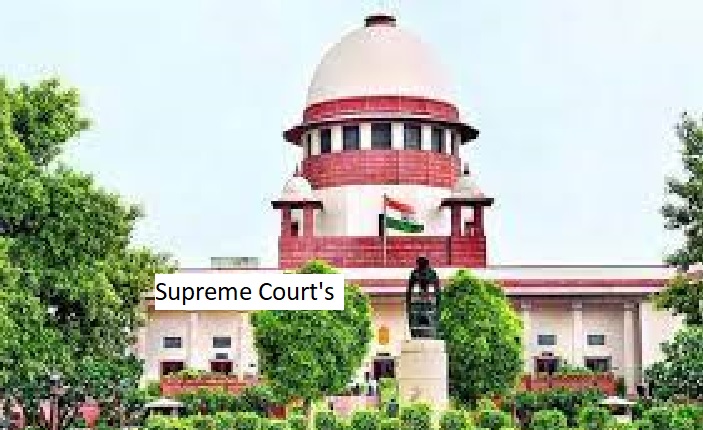


The recent pronouncement by the Supreme Court underscores a pivotal legal principle regarding bail entitlement. The Court held that once a determination is made affirming an individual's right to bail, the subsequent grant should not be confined to a specific timeframe. In essence, the Court declared the practice of providing bail for a limited duration as illegal, citing a violation of the fundamental right to liberty enshrined in Article 21 of the Constitution of India.
The judicial stance emanated from a case where the appellant faced charges under Sections 20(b)(ii)(C), 25, and 29 of the Narcotic Drugs and Psychotropic Substances Act, 1985. The High Court of Orissa, recognizing the protracted incarceration of the appellant with an uncertain trial horizon, acknowledged his entitlement to bail. However, in a departure from the norm, the High Court granted him interim bail for a mere 45 days and subsequently disposed of the application.
This move prompted the aggrieved appellant to seek redress from the Supreme Court through an appeal. The bench comprising Justice Abhay S Oka and Justice Pankaj Mithal articulated a firm position, decrying the practice of granting interim bail or bail with a limited duration after unequivocally affirming an individual's right to be released on bail.
The Supreme Court's displeasure was palpable as it questioned the recurring trend in the Orissa High Court, noting that this particular instance was the fifth or sixth order exhibiting such a pattern. The Court articulated that if a decision had been made to grant interim bail, the bail application should have been kept pending, avoiding the need for a subsequent fresh application for bail extension.
The essence of the Court's pronouncement lies in its commitment to upholding the sanctity of an individual's liberty once a court has ascertained their eligibility for bail. Granting bail for a limited duration not only contradicts the core principles of justice but also places an undue burden on the litigant. The need to file a fresh bail application for an extension adds an additional layer of legal complexity and places the accused in a precarious position.
The legal underpinning of the Supreme Court's stance is firmly rooted in the constitutional guarantee of personal liberty. Article 21, often regarded as the heart and soul of the Indian Constitution, ensures that no person shall be deprived of their life or personal liberty except in accordance with the procedure established by law. By emphasizing that bail cannot be subject to arbitrary temporal constraints, the Court reinforces the indivisibility and inviolability of this cherished right.
Moreover, the Court's rebuke of the Orissa High Court's practice serves as a cautionary directive to other jurisdictions, discouraging the adoption of similar approaches. The judiciary's role in safeguarding fundamental rights is paramount, and any deviation from established norms risks compromising the integrity of the legal system.
In conclusion, the Supreme Court's recent pronouncement serves as a beacon reaffirming the fundamental principle that once a court acknowledges an individual's entitlement to bail, such relief should not be circumscribed by temporal limitations. This not only upholds the constitutional guarantee of personal liberty but also streamlines legal proceedings, fostering a more equitable and just judicial system.
TAGS: Supreme Court Bail entitlement Limited duration Illegal practice Article 21 Constitution of India